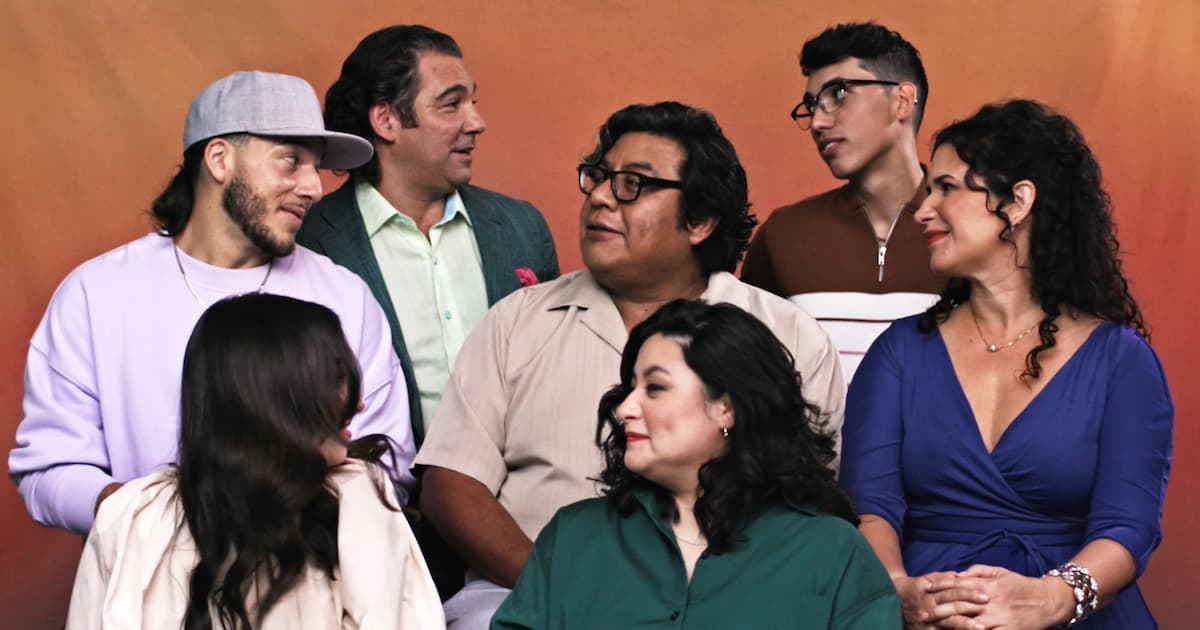Apple recently shared the stories of seven Hispanic and Latin American app developers. Through technology, the app developers were able to help their respective communities.
Hispanic and Latin App Developers Take Center Stage
In a new press release, Apple told the stories of the founders of apps such as Encantos, BiteSight, and Yana. The developers detailed how they overcame barriers to technology and eventually helped their respective communities.
Two of the app developers included Steven Wolfe Pereira and Susie Jaramillo. They co-founded Encantos, an app that offers a children’s library with content and stories from creators worldwide. Their other app, Canticos, provides children an interactive experience in learning Spanish and Latin heritage.
Wolfe Pereira, who joined the Apple Entrepreneur Camp for Hispanic and Latin founders held in March 2022, praised the ability of technology in furthering culture.
We’ve always believed in the power of technology to help bring our stories and characters to life. Everything is driven by technology today, so technology plays an incredibly important role in helping to preserve, recognize, and celebrate the cultural contributions of Hispanic and Latino people.
BiteSight Accessibility App
The other Hispanic and Latin app developers featured include Alejandra A. Enriquez, Juan A. Rubio, Gabe Martinez, and Joshua Gomez, The four were among the first students at the Apple Developer Academy in Detroit. They created BiteSight, an accessibility app that allows visually impaired people to scan and identify food allergens on food labels. The app uses a combination of haptic feedback and VoiceOver, a screen reader that was built on many of Apple’s operating systems. Additionally, the app alerts users who may not be able to see their phone screen of allergens they’ve identified.
Yana Chatbot-Based App for Mental Health
Finally, Apple shared the story of Andrea Campos, the creator of Yana, a chatbot-based app that focuses on providing access to mental health tools for Spanish-speaking people. According to Apple, Campos got her inspiration to develop the app from her struggles with mental health. She wanted to offer mental health resources in Spanish. At the height of the COVID-19 pandemic, Apple featured Yana in the App Store. This helped the app see more than 1 million downloads on the App Store.
Campos said she wanted to empower people with emotional education through a safe, judgment-free zone where they can change the way they feel by learning to change the way they think, That’s why she created the app.
The nature of depression is feeling like you are alone in the world. I swore I was the only human being who felt like that when I was a teenager. It wasn’t until I pitched Yana for the first time that I saw the reaction from the audience and realized I was not the only one. After coming out of the “mental health closet,” dozens of people I’ve known my whole life came forward to talk about what they had been experiencing as well.

Latin? You mean from Italy, France, Romany, etc? Obviously no. Because those are Latin countries. It is not Latin. It is Hispanoamerican. Hispania is Spain and Portugal, from which Hispanoamerica got the culture. Not from Latin. Of course Spain and Portugal also derive from Latin. But that is like when people say America or North America, when they mean United States. It is not the same. North America includes Canada, Mexico and Cuba, for instance. America includes the full continent from Patagonia to Greenland.
‘Twas a typo. They happen even to the best writers and editors from time to time, especially when a single omitted terminal vowel can result in a word that, while not what was intended, is still a correctly spelled word.